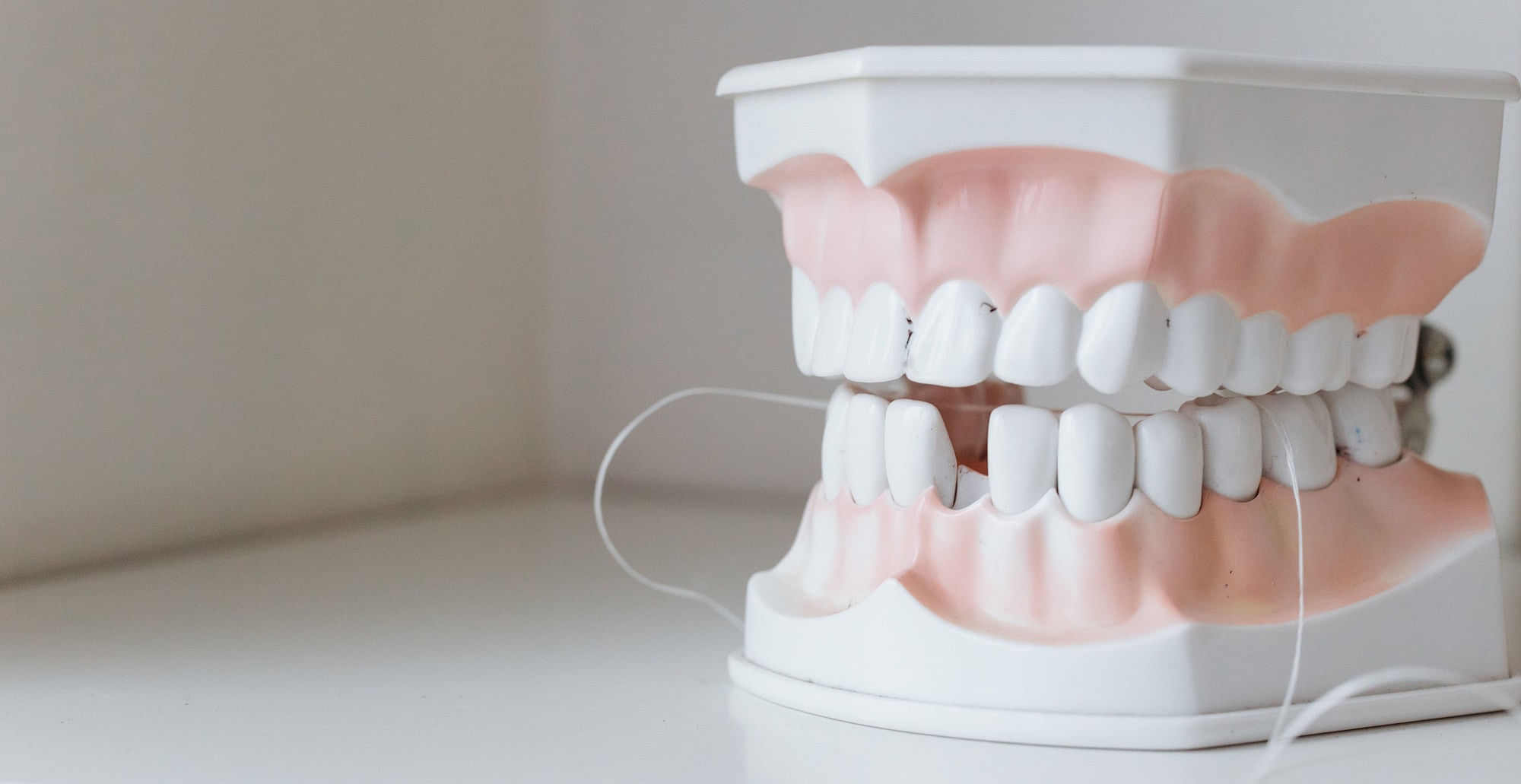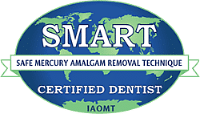

Education
Station
Dental and Heart Health
For many years we have heard about the connection between the health of the mouth and our overall health. For quite some time now, we have known that chronic inflammation in any part of the body can and does cause problems throughout the body. We have known since 1997, for instance, that the underlying cause of heart disease is chronic inflammation. This knowledge has changed the way modern dental practices operate and the way we look at chronic dental disease.
Now research has added new light to what we do each day. We now know that there are 11 bacteria that can reside in our gum tissues. DNA testing has shown that these bacteria often show up in the walls of the coronary arteries…the arteries that supply blood to our hearts and the ones that are implicated in heart attacks. They have been found alive in the actual clots that block the arteries during a heart attack. We even know how these deadly bacteria get from the mouth and into the walls of these arteries. It has been estimated thatclose to half of the deathsfrom heart attacks and strokes may be caused by these bacteria.
The interesting thing about these bacteria is that we can’t tell by looking at the health of the mouth whether they are present or not. In other words, we could have relatively healthy gums and yet we could have these bacteria in our tissues. So what can a person do who would like to know if they have these bacteria in their mouths?
The only way to be sure is to collect samples of fluid from the gum tissues in different areas of the mouth or by rinsing the mouth with a special solution and having DNA tests run to determine if any of these bacteria are present and if they are how many of each type are there. The test is painless, takes a few minutes, and costs under $200. If you are interested in having this test done at your hygiene appointment, please let us know before anything is done in your mouth. If you decide to do this test after your teeth are cleaned, you will have to wait 10 days to 2 weeks. In addition, if you have taken antibiotics within the last 2 months or if you are presently taking antibiotics, you should not have the test done at this time. A sample report for one of our actual patients is attached so that you can see how the results are reported. This particular person is at very high risk for a heart attack or stroke.
The test will tell us first if you have any of these 11 bacteria and secondly, the quantity of each one found. Depending on the results of the test and the amount of disease present, a protocol or module can be created and customized for you with the goals of eliminating harmful bacteria and restoring the mouth to health. The protocol usually involves a series of visits in the office, a program that one will follow at home, and of possibly a short period of antibiotic therapy. There are promising alternative methods that may be used when one prefers not to take the antibiotics and this needs to be discussed prior to beginning any therapy. Just for the record, we are very conservative regarding the use of antibiotics in our practice, saving them for the more serious instances of infection. However, if the use of antibiotics turns out to be the only avenue to eliminate these bacteria, we highly recommend their use. A follow-up test is recommended to confirm the elimination of these bacteria. There is no guarantee that we can eliminate all of these bacteria on the first try. Some are more resistant to our protocols and different approaches may be required. So far, we know of no other way to totally eliminate these bacteria from the mouth and ultimately the walls of the coronary arteries than by using one of these individually designed protocols. We are happy to discuss your concerns on an individual basis.
So there you have it. There is no obligation to proceed with any protocol once your results are received. We’re just trying to help you make good decisions here and one of the choices you have is to do nothing. Let us know if you have any questions.
See some of our other articles from our Education Station.


